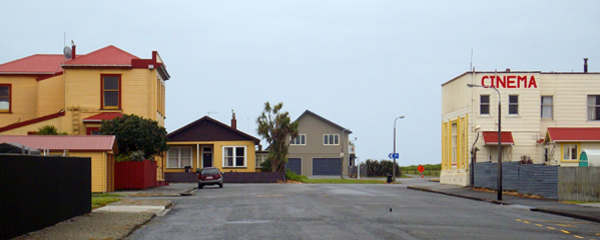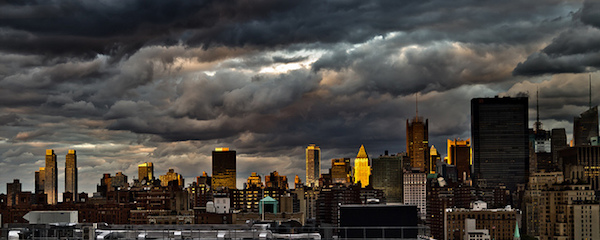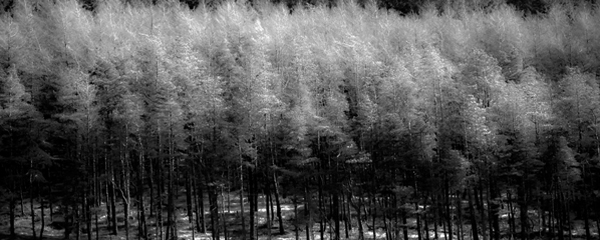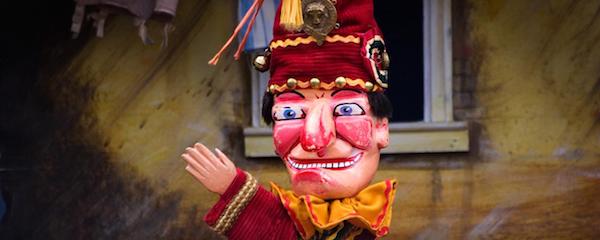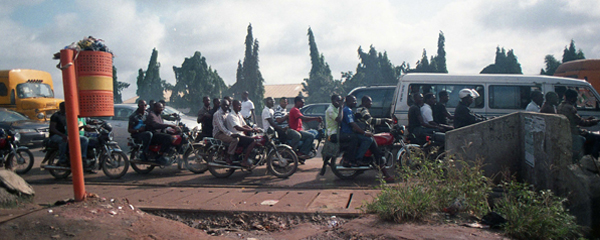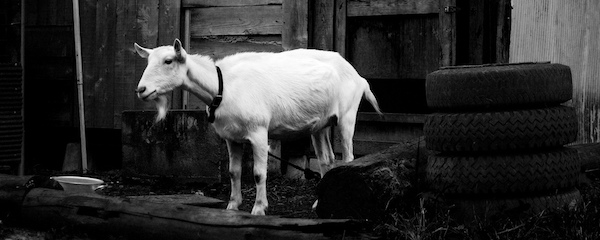DR CHRIS MACHELL on short story adaptations: this month Machell delves into Apocalypse Now, Francis Ford Coppola’s 1979 adaptation of Joseph Conrad’s novella Heart of Darkness, as well as the more recent, subsequent adaptation into brutal video game, Spec Ops: The Line.
KAREN WRIGGLESWORTH reflects on the authentic voice of New Zealand writer Witi Ihimaera: ‘It was just like immersing myself in a hot thermal bath at Rotorua, closing my eyes, and simply listening to the voices of the local people going about their day all around me…’
FRANCES GAPPER explores the life and writings of Dorothy Edwards: ‘Hovering awkwardly on the fringe of the Bloomsbury Group, virtually penniless and dependent on a friend for accommodation, Dorothy Edwards lacked the two things Virginia Woolf considered vital for a woman writer of fiction: money, and secure private space…’
DIANA CAMBRIDGE profiles the life and writing of American author Sue Kaufman: ‘It’s forty years since she jumped from the balcony of the eighteenth-floor New York apartment in which she lived with her husband and son. When she died, she was fifty, and had written five novels – one of which, Diary of a Mad Housewife, was made into a film – and a collection of fifteen short stories, The Master and Other Stories…’
K.S.DEARSLEY probes the hidden depths in D. H. Lawrence’s ‘The Prussian Officer’:’…any reader expecting to find explicit sex will be disappointed. Lawrence’s writing is far more subtle, working by the power of suggestion, so you could make a case to say that the only sex in the tale is what the reader’s imagination brings to it…’
INTERVIEW: Shortly after the publication of his latest collection of short stories, The Ghost Who Bled, GREGORY NORMINTON talks to Thresholds about the past, fictional and factual horrors, stories he wishes he’d written, becoming a writing, and books in translation…
STANLEY ECHEBIRI looks at the life and work of Kenule Beeson Saro-Wiwa: ‘Saro-Wiwa died as a freedom fighter and an environmentalist, yet writing was his most potent weapon against the Nigerian state. His environmental crusade overshadowed his literary achievements towards the later years of his career, but it didn’t remove his footprints on the Nigerian literature landscape…’
WRITING EXERCISE: ‘On a fundamental level, the plot of any story can be reduced to: a character who wants something they can’t have. Where it gets really interesting is when that ‘something’ is totally out of bounds. Flirting with someone else’s lover. Saying ‘Macbeth’ in a theatre. Opening Pandora’s Box. Reading a banned book. Speaking Voldemort’s name. Riding your big sister’s bike…’ JO GATFORD, from Writers’ HQ, offers a creative exercise in the taboo…
JUDITH GEORGE discovers Claire Keegan’s ear for silence in a story from Walk the Blue Fields: ‘So little in ‘Night of the Quicken Trees’ is said, and yet what is said speaks volumes. That is the key to Keegan’s unflinching style…’
HANNAH BROCKBANK tells us why she admires ‘Chalk Mother’, an intense character driven short story by Liza Cody: ‘The environment crackles with connection and purpose but the daughter cannot fully be part of it. Instead, she frets about missing school. This important image transcends physical description and shows us what makes the narrator tick and what situations allow her to connect with the world…’

